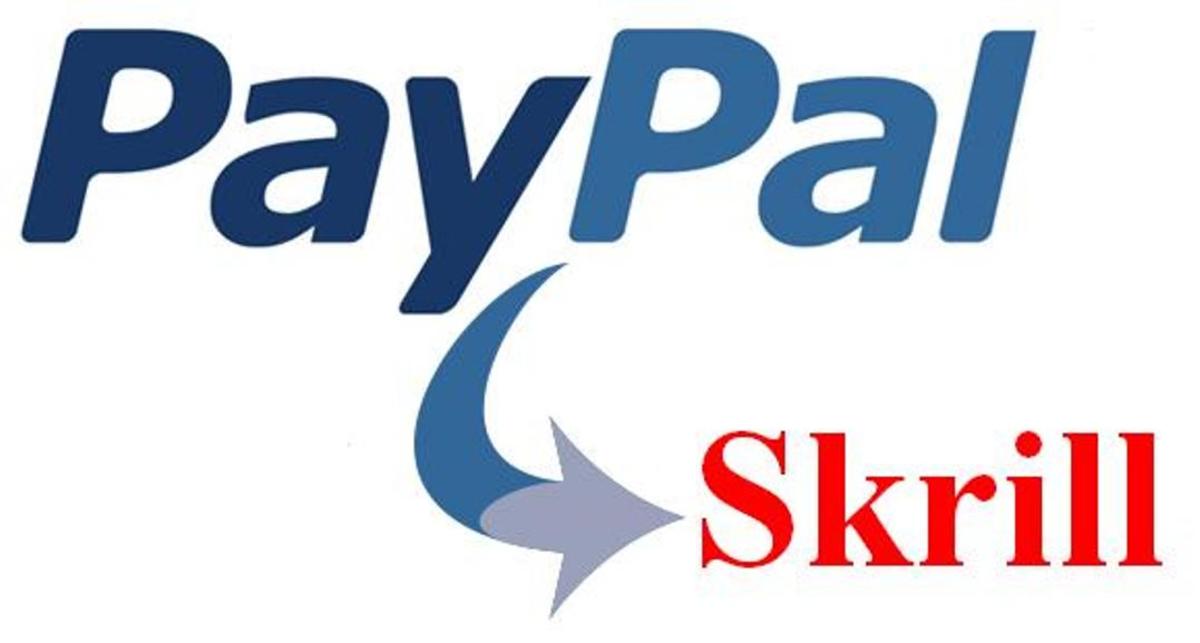Ways to avoid probate
Probate is a court-supervised process. During the process a will is determined to be the will-maker's final statement regarding how the will-maker wants his or her property distributed. It also confirms the appointment of the personal representative of the estate. Probate also means the process by which assets are gathered; applied to pay debts, taxes, and expenses of administration; and distributed to those designated as beneficiaries in the will. The probate process provides a mechanism for paying outstanding debts and taxes of the estate, for setting a deadline for creditors to file claims and for the distribution of the remainder of the estate's property to ones' rightful heirs
Probate is time consuming, it may take 6 months to a year, or under some circumstances it may take years to settle all the issues involved. Sometime during the process, the assets are usually frozen so an accurate inventory can be taken. Nothing can be distributed or sold without the court and/or executor's approval. Your family has no control. Probate can be expensive. Legal/executor fees and other costs are usually estimated at 3 - 6% or more of an estate's gross value.
Property that is subject to the probate process is called probate property. Probate property includes all assets owned by the deceased in the deceased's own name at death and that have no expressly named beneficiaries. Examples include personal investment in mutual fund and stocks, personally held property, such as an automobile, and cash.
Property that is not subject to the probate process is called non-probate property. Non-probate property includes assets that are held in a way that ownership dictates where the property will go after the owner dies. The document that establishes ownership includes a provision that designates who will receive the property after the owner's death. Examples include life insurance policies, retirement accounts, assets held in joint tenancy with survivorship rights, assets with transfer on death (TOD) designations, assets with payment on death (POD) designations, and interests in trusts.
Once we can distinguish the probate properties from non-probate properties, it is not hard to figure out how to avoid probate. The key issue here is to legally convert probate properties to non-probate properties before the owner dies. Different strategies are suitable to different properties, which will be discussed as follows.
Payable-on-death accounts
This is one of the easiest ways of keeping your money out of probate. You can set up a payable -on-death bank account or add a payable-on-death designation to any kind of new or existing account such as checking, savings, and certificate of deposit. The beneficiaries named on these payable-on-death accounts have no right until you die.
Transfer-on-death
This strategy is suitable for your stocks, bonds, other brokerage account such as mutual fund account, government bonds and notes, your vehicles, and real estate. When you register your ownership with the stock broker or the company where you have investment accounts, you request to take ownership on a form call "beneficiary form, then you will have exclusive right to the transfer-on-death account until you die. The beneficiaries you named have no right until you die. For vehicles, you need to apply for a certificate of car ownership in a form called "beneficiary form". On this new certificate you list the beneficiary or beneficiaries who will automatically own your vehicle after you die. The beneficiary doesn't have any right to the vehicle before you die. For real estate, you need a special deed called transfer-on-death deed that specifies who is the owner of the property and whom the property will be transferred to upon the owner's death.
Joint tenancy
Joint tenancy is the most popular way to avoid probate. Any property owned in joint tenancy automatically passes to the surviving owner when one owner dies. This strategy works well when a couple acquires real estate, vehicles, bank accounts, securities, or other valuable property together. But if you own the proper by yourself and you are thinking of adding someone else as a joint tenant, you need to make a gift of a half-interest in the property. If both owners die at the same time, the probate is not avoided. If some owners die before others, the last surviving joint tenant has to find another way to avoid probate at his/her death.
Transfer to a living trust
A living trust used to avoid probate is called revocable living trust. You create a revocable living trust by filling out and sign a document called a Declaration of Trust. You and your spouse can create a living trust together is both of you are the owner of valuable property. Your spouse and you are the trustees of the living trust and have complete control of all the trust properties. You name beneficiaries on the trust document. Once you sign the document, you transfer your properties to the trust. The properties that can be transferred to a living trust include real estate, bank accounts, stocks and bonds, government bonds, and vehicle etc.
Naming beneficiaries
This is the best way to avoid probate for your retirement plans such as IRAs, 401k, 403b, and your life insurance policies. When you set up these accounts, on the application form there is always a section for you to name beneficiaries for your account. For bank account, certificate of deposit, investment account like mutual fund account, you can also name beneficiaries on the application form. If you have beneficiaries on your application, your account will be automatically transferred to the named beneficiaries after you die.
You can also make gifts to others, but when you do it be sure to consider federal gift tax rules to minimize tax effect on your effort.
Generally speaking, there are many effective ways to avoid probate, but not every one of them is available to all the states in the US and not every one of them is suitable to your specific situation. Do thorough research or consult you financial planner before you choose your strategies to avoid probate. You can find some more detailed information about how to implement each strategy mentioned above at http://www.nolo.com/. Choosing the best strategy is paramount important to preserve your long-term accumulated assets.








